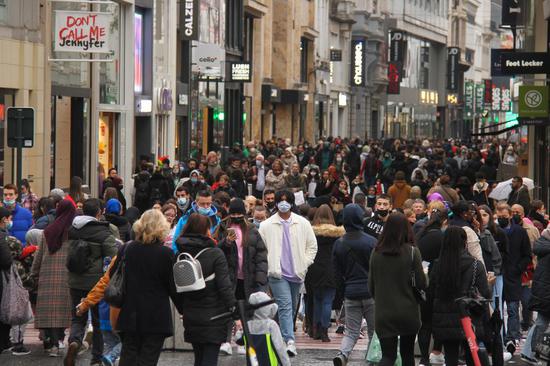
People walk on a street in Brussels, Belgium, Nov. 5, 2021. (Xinhua/Zheng Huansong)
In response to the tightened COVID-19 measures, demonstrations were held around Europe this past weekend, amid rising new cases and a new wave of pandemic.
In Belgium and the Netherlands, the protests intensified into rioting, prompting the police to use tear gas and water cannons.
RIOTS AND STRIKE
An estimated 35,000 people gathered in central Brussels on Sunday to protest against the reinforced measures that entered into force this weekend. These include the mandatory use of the COVID Safe Ticket (CST) and the obligation to wear face masks in areas where a CST is required.
The demonstration started shortly after 12 noon on Sunday near the Brussels North Station, with protesters brandishing banners saying "Together for Freedom" and "Resistance."
The police used water cannons and tear gas to subdue demonstrators who threw fireworks at them.
Forty-two people were detained and two arrested, local police said late on Sunday and the mayor of the City of Brussels, Philippe Close, "strongly condemned" the riots.
In Rotterdam, the demonstration against the COVID-19 restrictions started last Friday evening when several hundred protesters gathered in the city center throwing fireworks and setting cars -- among them at least one police vehicle -- ablaze.
The protest escalated into riot, and the police responded with water cannons and tear gas.
Around 50 people were arrested and four were injured and sent to hospital for treatment.
On Monday, Dutch Prime Minister Mark Rutte condemned the riots of the past three days in cities across the Netherlands and warned that everything possible would be done to punish the rioters.
"These are not corona protests, but pure violence by idiots, which has nothing to do with demonstrating," Rutte said after consulting his fellow ministers.
Across Greece, restaurants and cafes remained closed last week in protest against the government's new COVID-19 restrictions.
The measures have hit thousands of businesses hard, with many of them facing the risk of permanent closure, and further state support is urgently needed, the Panhellenic Federation of Restaurants and Related Professions (POESE) said in a press release.
"We are shutting down today so that we will not have to shut down forever," protesters chanted during a rally held in the center of Athens.
"Catering stays closed throughout Greece" read banners on the closed doors of restaurants and cafes.
"We have suffered a lot in the past two years, we can't cope with the difficult conditions," labor union activist Iro Genetzaki told Xinhua during the protest.
TIGHTENED COVID MEASURES
As winter arrives in the Northern Hemisphere, the European Union (EU) fears a new wave of COVID-19 infections.
The level of concern for the COVID-19 situation in the EU was rated at 8.3 of 10, or "very high" last Friday by the European Center for Disease prevention and Control (ECDC).
Wearing masks, hand-washing and ventilation are crucial non-pharmaceutical measures that must continue in order to fight COVID-19, and "it remains extremely important that we follow the non-pharmaceutical interventions," said Stefan De Keersmaecker, European Commission spokesperson for Health, on Monday.
New measures to curb the spike in COVID-19 infections entered into force in Belgium on Saturday, making the use of the CST and the wearing of face masks mandatory indoors for everyone age ten and above.
The authorities reiterated their call for people to respect the 1.5-meter social distancing indoors and to limit social contacts outdoors, though no "bubbles" have been imposed for now.
In Greece, under the latest set of measures in effect since Nov. 6, in order to be served at cafes and restaurants, either indoors or outdoors, customers need to show proof of COVID-19 vaccination or recovery.
Unvaccinated individuals must present a recent negative rapid PCR (polymerase chain reaction) test to be able to enter retail shops, hair salons, public services and banks.
France's Minister of Labor Elisabeth Borne on Monday called on French companies to strictly respect barrier gestures, especially the mask mandate, in order to enable the country to face the fifth COVID-19 wave.
"In business, we must re-mobilize to respect barrier gestures, put the mask back on in meetings, when we are in public spaces ... It is very important at a time when we see that the pandemic is starting again," she said.
In light of the worsening situation, France's Vaccine Strategy Orientation Council (COSV) on Monday suggested that a booster shot for all adults should be considered.
In the face of the growing pandemic, Germany's federal states have recently tightened their respective COVID-19 measures.
The southern state of Bavaria and the eastern state of Saxony have canceled their Christmas markets this year, and the western state of Hesse decided that only those vaccinated or recovered from COVID-19 will be allowed to enter indoor areas of restaurants, sports facilities and cultural institutions.
Gernot Marx, president of the German Interdisciplinary Association for Intensive Care and Emergency Medicine (DIVI), said at a live-streamed event on Monday that "the COVID-19 situation (in Germany) is very worrying and not under control at the moment."








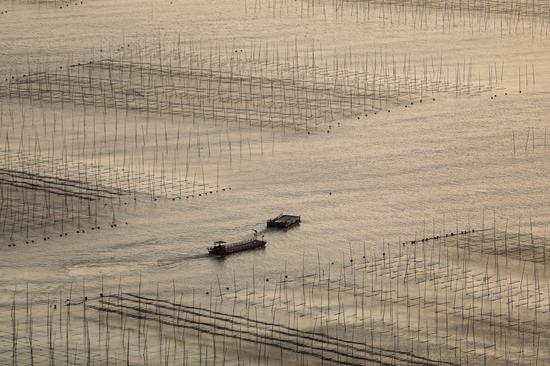



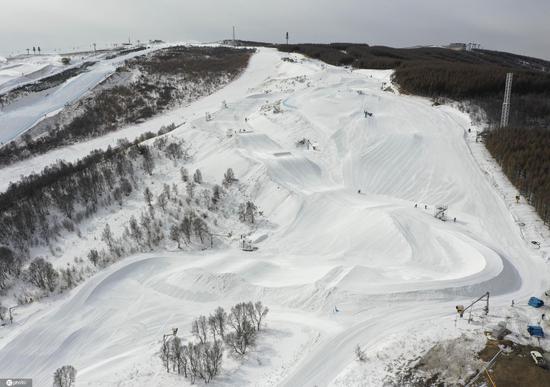
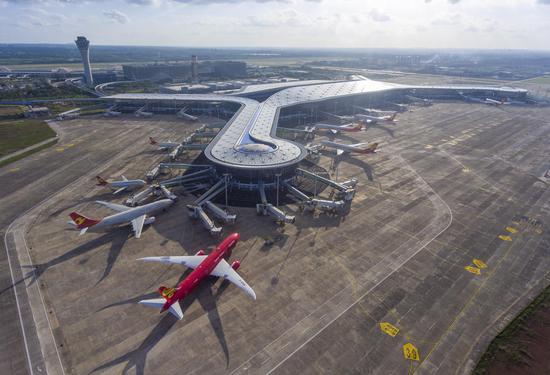












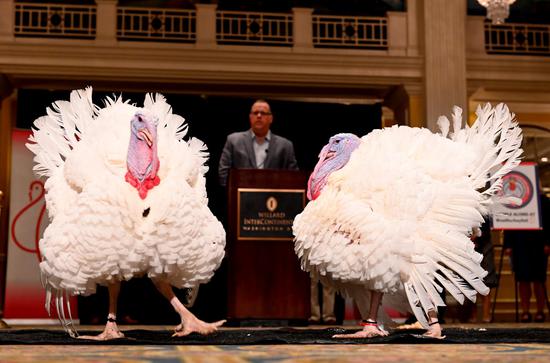




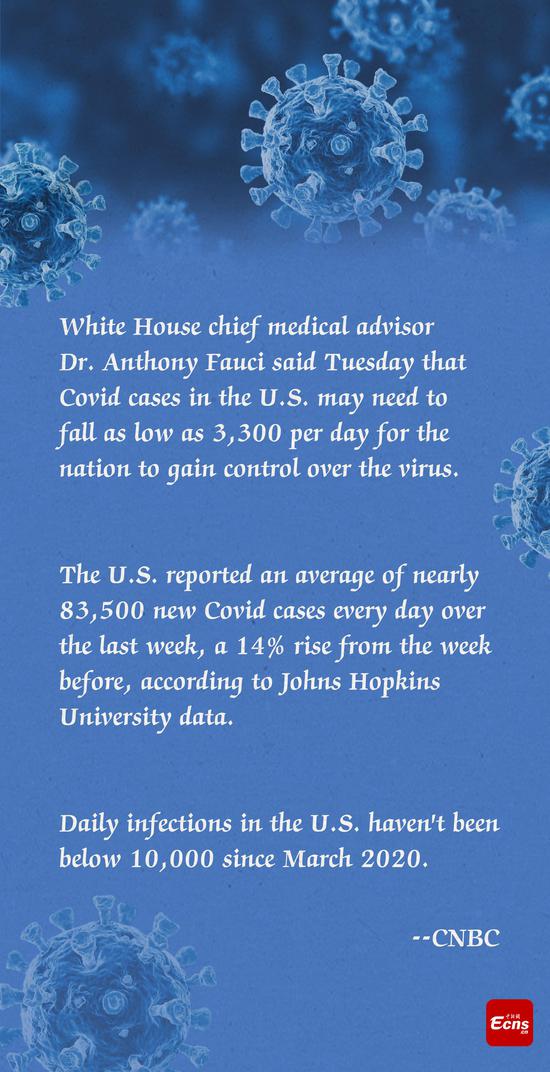
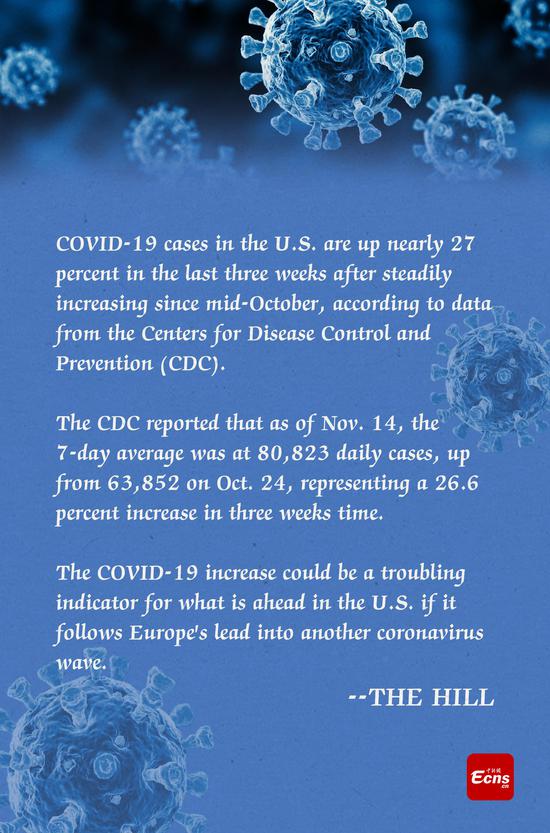

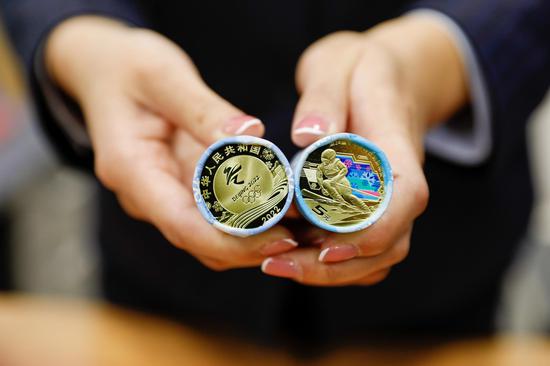

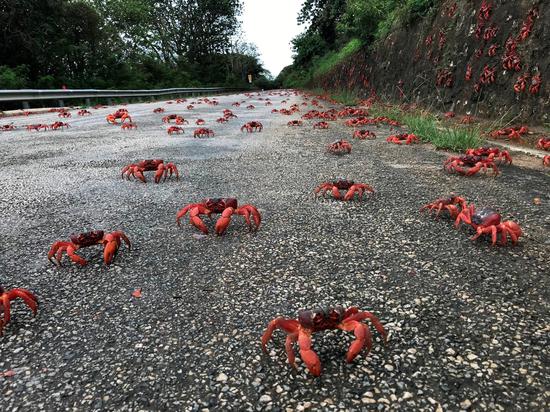

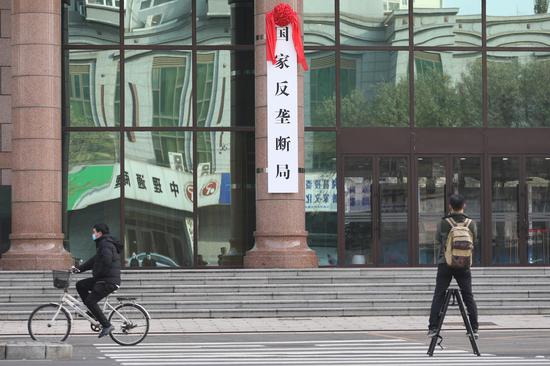




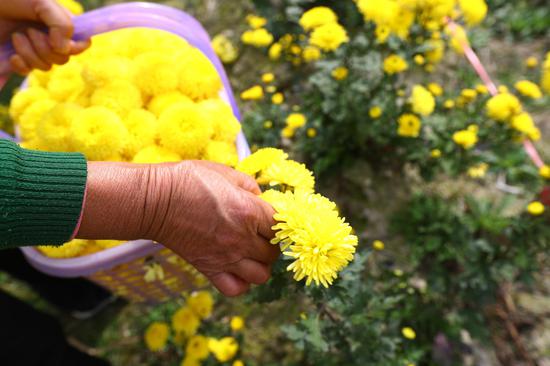
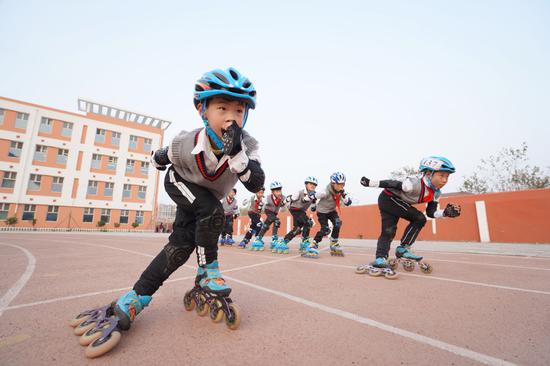





 京公网安备 11010202009201号
京公网安备 11010202009201号